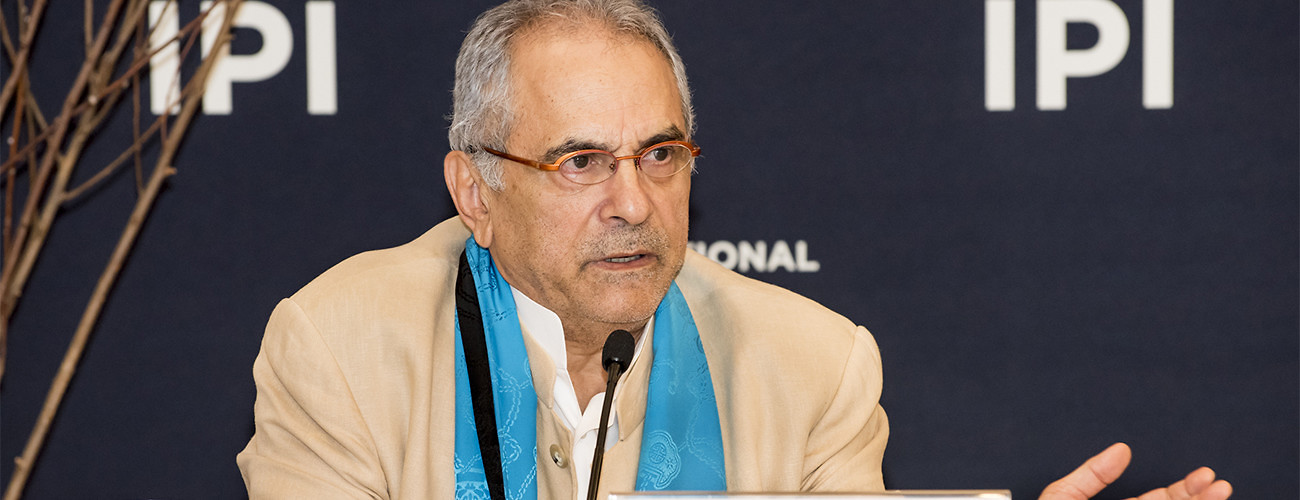A briefing on “Timor-Leste’s Story: Securing its Sovereignty over Land and Sea” was held at IPI on October 1st, during the opening week of the United Nations General Assembly.
A high-level panel of current and former Timorese Presidents and Prime Ministers presented the status of the country’s quest to delimit its maritime boundary with its two large neighbors, Australia and Indonesia, in accordance with international law, including the UN Convention on the Law of the Sea (UNCLOS) to which all three countries are signatories.
Nobel Laureate José Ramos-Horta, Prime Minister of Timor-Leste from 2006-2007, and President of the country from 2007–2012, emphasized the dispute should be able to be settled civilly. “Australia, as you know, is a friend of Timor-Leste,” he said.
Reflecting on the past and looking to the future, he added, “Australia has been very, very generous since then in assisting the government of Timor-Leste with development assistance, and we have an on-going great relationship, people-to-people, government-to-government.”
Timor-Leste, a country of 1.1 million people, is sometimes called the first new nation of the 21st century because it gained its independence in 2002. Its first elected president was a man who had been a hero of the resistance struggle and the quest for independence, Kay Rala Xanana Gusmão, who participated on the panel.
Rui Maria de Araújo, the country’s current Prime Minister, rounded out the panel by providing contemporary insights on the decade-old struggle. He reflected on the principle of sovereignty, and discussed the importance of the multilateral system and international law to the government of Timor-Leste, including UNCLOS.
The event was co-sponsored by the Timor-Leste Maritime Boundary Office.
Warren Hoge, IPI Senior Advisor for External Relations, gave introductory remarks.
Elizabeth Exposto, Maritime Boundary Office CEO, moderated the conversation.
Watch event:








